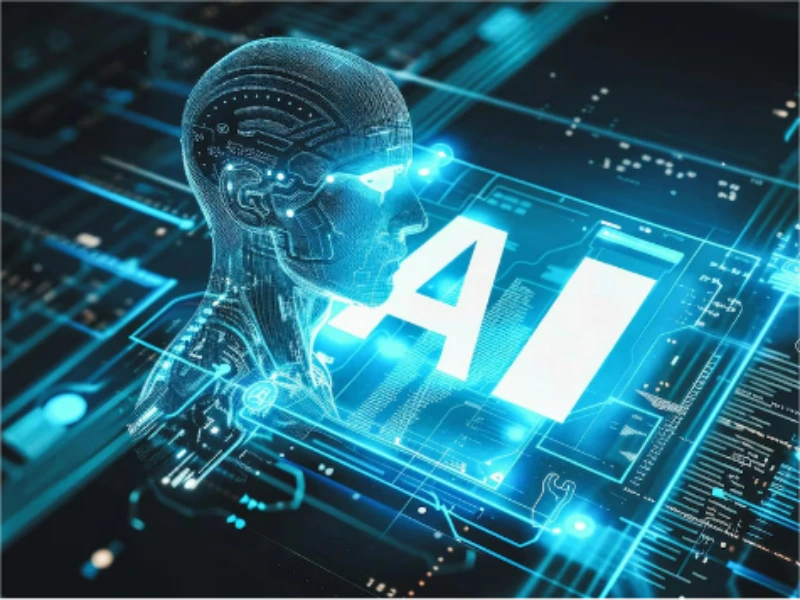- Compared to traditional code generators, using large language models for coding assistance allows more flexible handling of natural language inputs, such as code comments or function names. This method does not require strict structural definitions, is closer to human thinking, allows developers to write code on the fly, and maintains control over the code.
- AI-assisted tools like GitHub Copilot are integrated within the development environment, helping developers solve complex problems without leaving the IDE. These tools can provide context-specific code suggestions, enhancing developer productivity while maintaining a continuous workflow.
- Although AI can generate syntactically correct code, the quality of generated code can vary, requiring developers to have a deep understanding and control over it. Additionally, considerations for testing and maintenance are necessary to ensure the code not only meets functional requirements but is also easy to read and modify in the future.
AI-assisted coding tools like GitHub Copilot, integrated within development environments, offer a flexible and intuitive approach to coding by processing natural language inputs such as comments or function names. This approach deviates from traditional structured code generation, aligning more closely with human thought processes and allowing for spontaneous code writing. While these tools enhance productivity by providing context-aware suggestions directly in the IDE, ensuring uninterrupted workflow, they also present challenges in terms of the consistency and reliability of the generated code. Developers must thoroughly understand and often refine the output to ensure it meets both functional and maintenance standards.
1. Changing nature of code generation
Traditional code generators work through formal structures, while AI-assisted tools like GitHub Copilot offer a more informal, unstructured approach. This allows developers to input natural language or function names and receive code suggestions directly, reflecting a shift towards tools that align more closely with human thought processes.
Also read: 6 impressive benefits of Conversational AI
2. Integration with development environments
AI coding tools integrate directly into IDEs, maintaining the developer’s workflow without interruption. This seamless integration contrasts with older methods where developers might need to search external sources like Stack Overflow. The tools provide context-specific code suggestions based on the project details directly in the development environment.
Also read: The difference between Conversational AI and GenAI
3. Impact on developer practices
The conversation explored how AI-assisted coding might transform traditional developer practices like TDD (Test-Driven Development). These tools could challenge conventional step-by-step coding by suggesting entire blocks of code, potentially reshaping development methodologies.
4. Potential for entire application generation
While current tools are effective at generating small to medium-sized blocks of code, there’s speculation about their future ability to generate entire applications. This evolution could influence software architecture and the roles of developers, particularly in terms of maintaining oversight over generated code.
5. Ethical and practical considerations
The discussion also highlighted the importance of understanding and responsibly integrating AI tools. For example, companies should consider on-premise solutions for sensitive environments to avoid sharing proprietary code with cloud-based services. Moreover, developers are encouraged to actively experiment with these tools to fully grasp their capabilities and limitations, adapting their workflows and practices accordingly.

